A US diplomat in Beijing once told me a story of an American businessman hospitalized in the city of Ningbo after being hit at the airport by an electric buggy that was ferrying a group of Chinese VIPs who were late for their flight. The authorities confiscated his passport, demanding he pay for the damage to the buggy before he could leave. The diplomat was outraged, but when he got to Ningbo to provide help, the businessman told him to go home, explaining that he wanted to pay the fine since he was on the cusp of a big deal and didn’t want to upset the authorities. To the diplomat it was just one more example of the indignities that businesspeople were prepared to put up with for a slice of the mythical China market.
The story came to mind when I saw the photograph Tuesday of President Xi Jinping with twenty American business leaders who had been summoned to the Great Hall of the People for what had been described as a meeting with a “top Chinese leader.” The executives, who included former Bank of England governor Mark Carney, as well as the heads of Blackstone, Qualcomm, Citadel Securities, Kissinger Associates and MGM China, had been in Beijing for a meeting of the China Development Forum, an annual business conference. Xi told them, “China’s development, having overcome various difficulties and challenges, has not collapsed… in the past, nor will it ‘peak’ now.”
Xi will have met many of those present during a visit to San Francisco in November 2023, when around 300 executives, the elite of America’s business and financial world, paid up to $40,000 a head to attend the banquet with Xi at the city’s Hyatt Regency Hotel.
“China is both a super-large economy and a super-large market… modernization for 1.4 billion Chinese is a huge opportunity that China provides to the world,” he told them, promising to further open the Chinese market. It was Xi’s first visit to the United States for six years, and he was so keen to directly address business leaders in America’s technology hub that Beijing demanded the banquet happen ahead of a summit with President Joe Biden. Washington refused, since this would have been a major breach of protocol, and eventually Chinese diplomats agreed that it should take place later. In the months ahead of the San Francisco summit and those that have followed, many executives have enjoyed better access to Chinese leaders in Beijing than members of Biden’s team.
Yet Xi’s pitch, both in San Francisco and Beijing, is belied by his actions. Apple and Tesla, two of China’s biggest foreign investors and its most enthusiastic cheerleaders have been targeted: Beijing has blocked the use of Apple’s iPhone by government employees, launched a tax probe into Foxconn, Apple’s biggest supplier, and barred Tesla vehicles from government compounds. Other business people have faced exit bans and arbitrary arrest, companies providing due diligence services have been raided.
New data and security laws with sweeping definitions of espionage have made China an increasingly difficult and dangerous place to do business. This comes on top of the near routine restrictions on market access, as well as discrimination and cyber theft targeting foreign companies. “The world needs China and the US to work together for a better future,” Xi told executives in November, even though the CCP’s notion of “working together” is increasingly on China’s terms.
Dangling the promise of the China market has been a familiar mantra from Chinese leaders ever since the country began on the road of “reform and opening” four and a half decades ago. It is a mantra that has bewitched the boardrooms of Western companies, frequently leading to the suspension of rational business judgements as executives were transfixed by the promise of selling a billion of whatever widgets they were peddling. Businesses were happy to ignore human rights violations and accept almost any abuse or humiliation in blind pursuit of the China market — no matter that the promised bonanza largely eluded all but the privileged few. Some succumbed to a form of Stockholm syndrome.
Evidence suggests those bonds are weakening. Investment in China has slowed dramatically, Chinese stock markets are the worst performing in the world, with the economy beset by multiple crises. Boardroom talk is of building resilient supply chains, which means reducing dependence on China. Geopolitics can no longer be ignored, nor can Xi’s increased belligerence abroad and thuggery at home.
Yet Xi is calculating that the old delusions still hold true and that he can take his pitch over the heads of increasingly wary Western political leaders with their troublesome talk of “de-risking” and directly to business leaders. He wants to remain a risk and clearly believes a deep reservoir of greed and gullibility among business leaders, who have been such reliable allies in the past, is still there to be tapped.
This article was originally published on The Spectator’s UK website.



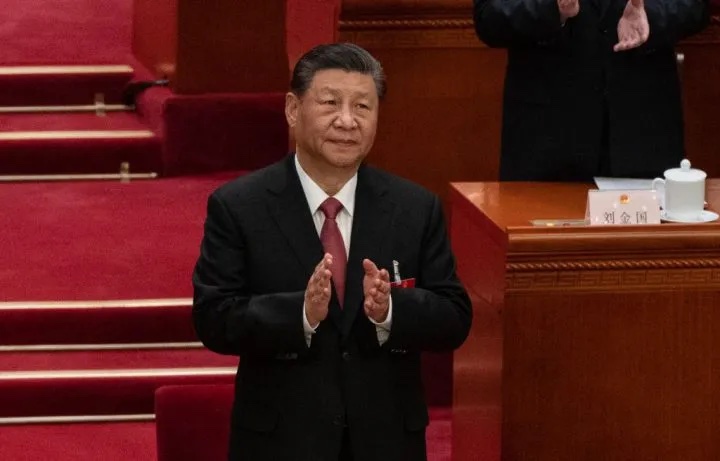







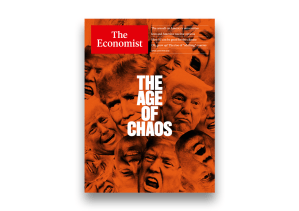

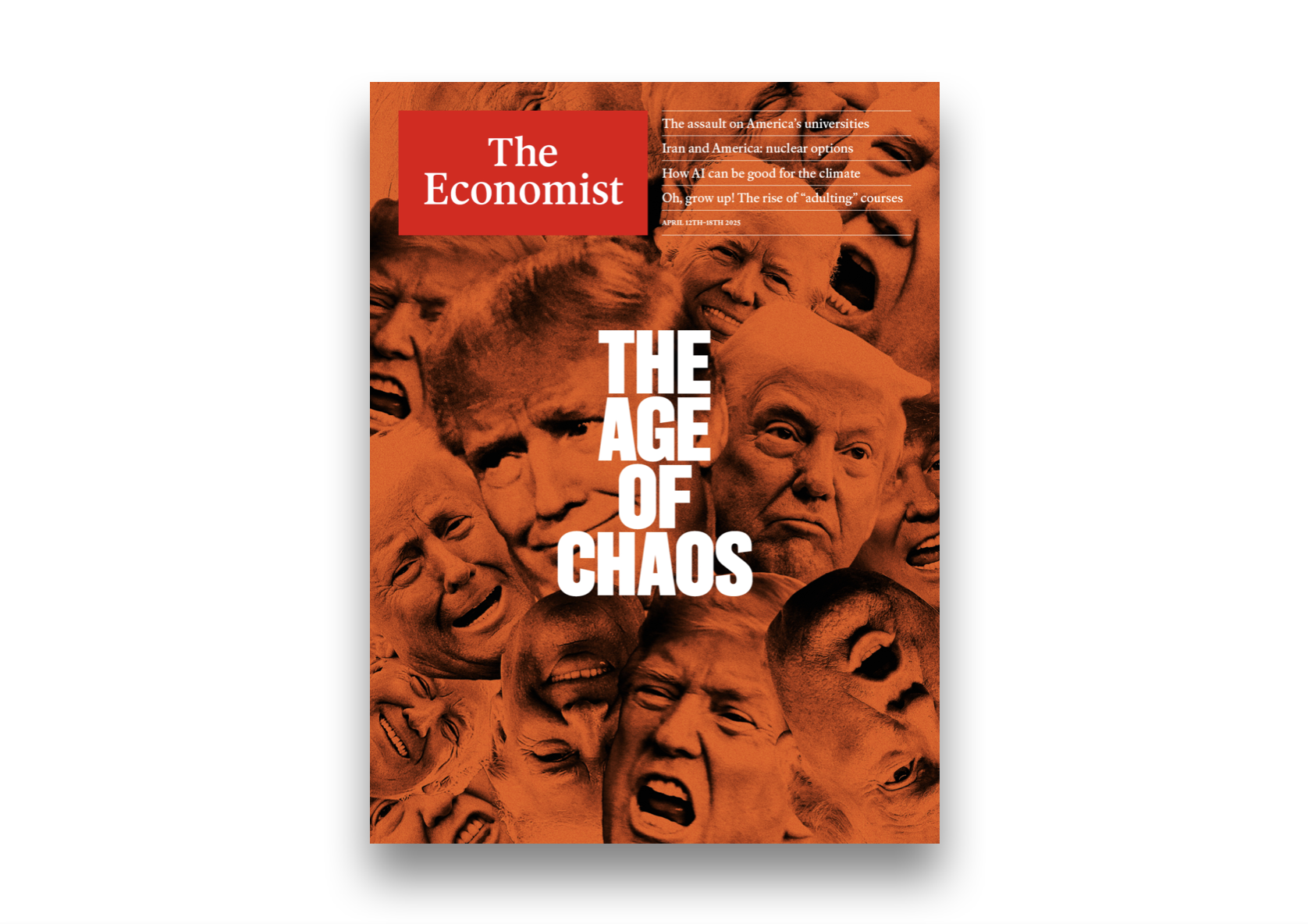


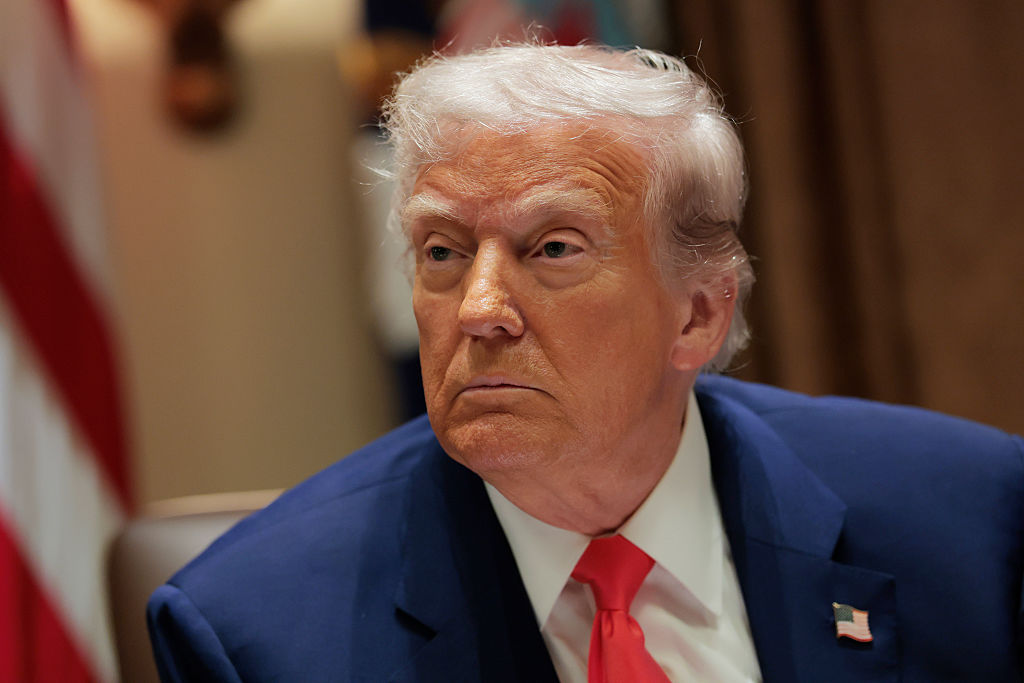
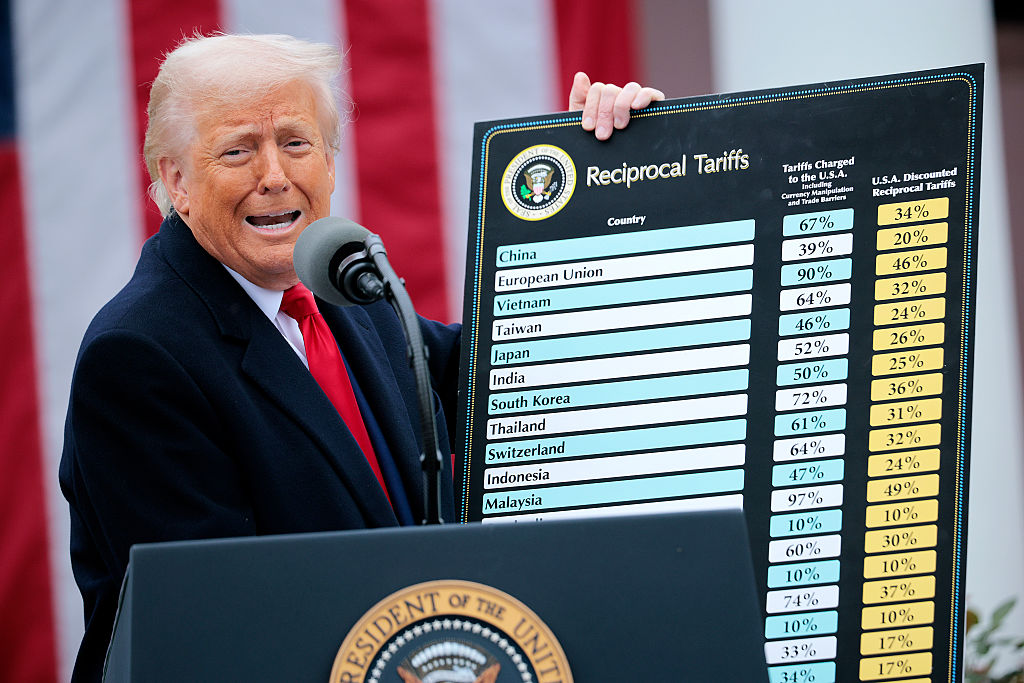
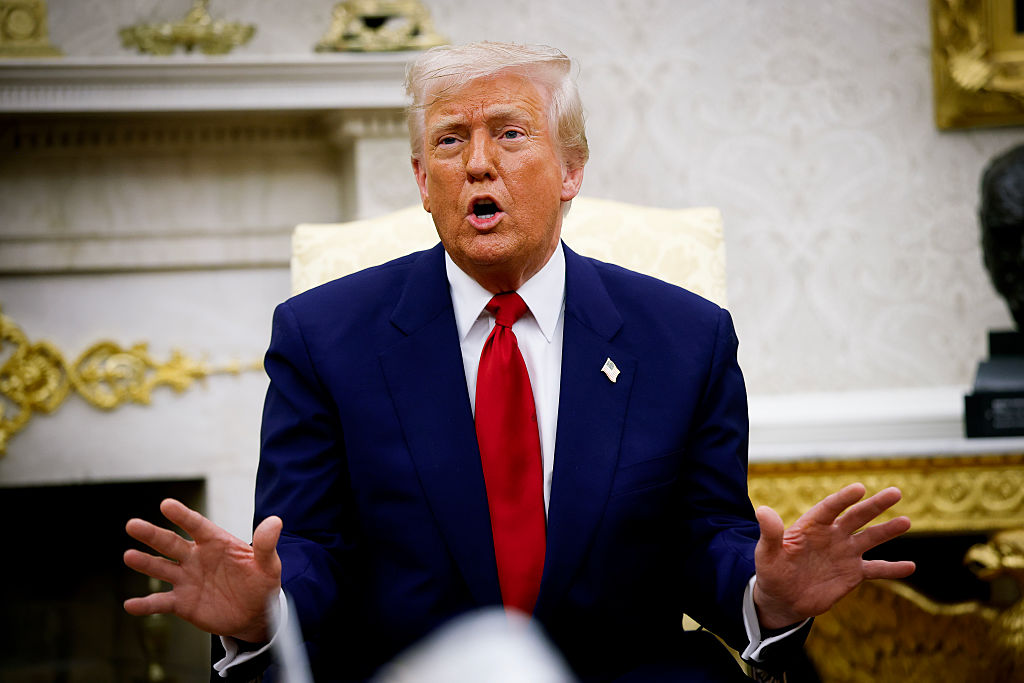







Leave a Reply